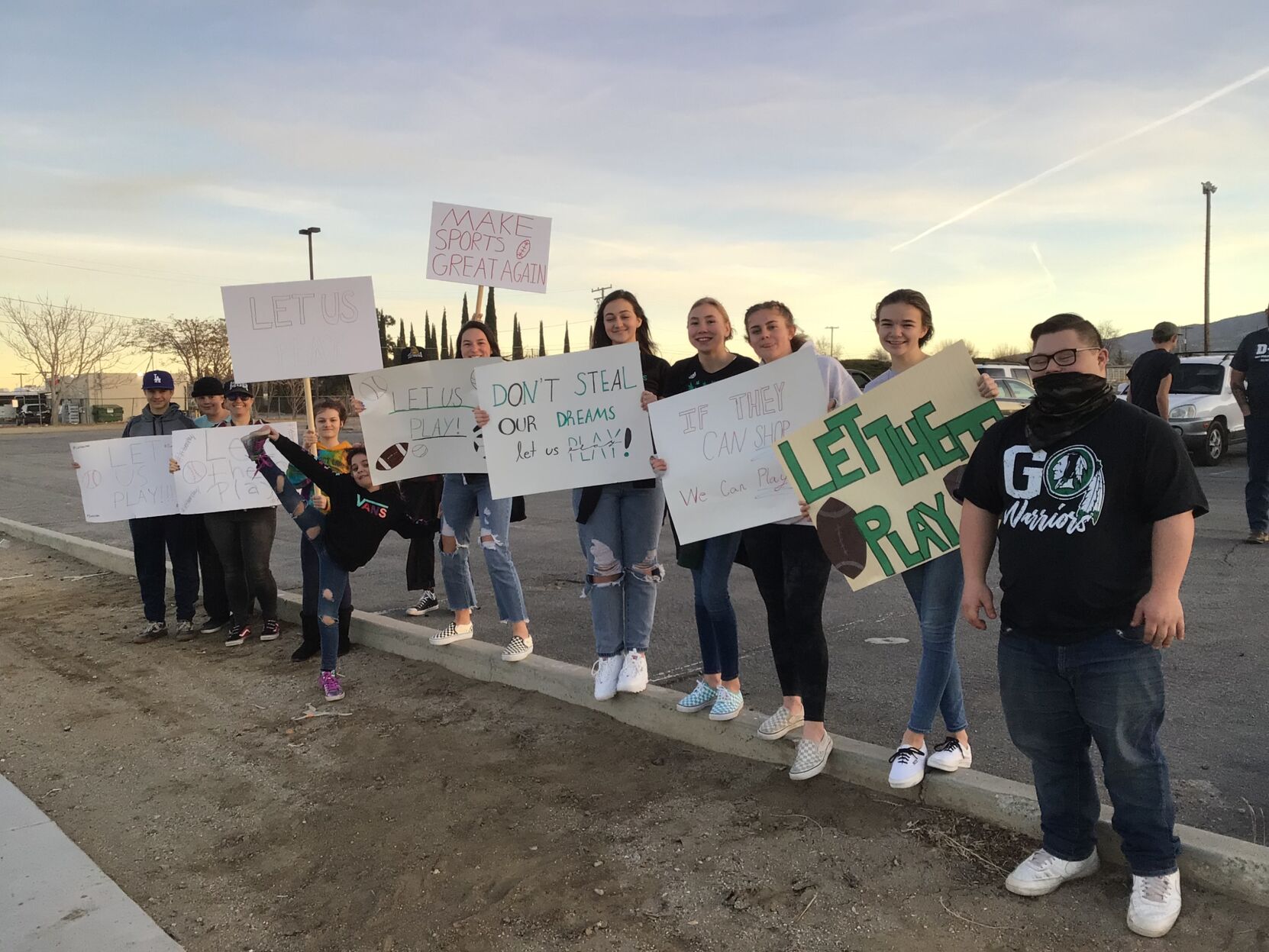
Every time I put on the sweater, I am reminded of the many before me and those that have paved the way. The WCHA is a great league and the players bring it every night. “I get that things changed, but it’s still Division I hockey. “It created a vacuum of opportunity for a whole new generation of referees to get a shot,” said Gibbs. In addition, college hockey also went to a four-man system with two linemen and two referees. He acknowledges that the opportunity presented itself when the WCHA teams split into three different conferences. Although his dream of playing for the Gophers never materialized, he was able to reach the Division I level as a referee.

Gibbs continued to climb the ladder of success by officiating NCAA Division III for eight years and eventually got an opportunity in the WCHA. “I am humbled and I am honored to be able to say that,” he said. He has since officiated in five state tournaments. You just do your job and have fun doing it.”


Then, once the dust settles and you realize where you are and it is just another hockey game in a large venue. “Those first few minutes you feel like you are floating around and are in a glass bubble with these bright lights shining on you. “It was a Thursday night late game, Cretin against Duluth East,” he recalled. In 2009, 19 years after he was told he would never play in a state hockey tournament, he got his chance as an official. And it didn’t take long for his perseverance to pay off. Soon, Gibbs was being asked to officiate high school games. I want to give back as I took some time away to do higher levels.” I credit a lot of my success to USA Hockey. “I surrounded myself with people that were going to help me and encourage me. “There were some high level instructors there that created a center of influence for me,” he said. He then went on to officiate three youth state tournaments and a national tournament. Cloud during the Selects and attended the instructors camp in Colorado Springs. The next two summers he attended USA Hockey camps in St. I saw myself beyond what they were seeing because I knew I was going to grow and get better.” “But in my mind, I was on a path to learning as much as I could. “They were looking at me in a static sense,” he said. But he was determined to prove people wrong. He knew the NHL was not in the cards because of his late start. In the early years, he was told he would never reach a high level of officiating. He started out at the Squirt level, officiating with guys 10 years his junior. “I finally said yes and he hooked me up with USA Hockey.”įrom there, the passion he had playing hockey as a kid morphed into a passion as a referee.

“Marco Hunt, a friend of mine, kept urging me to referee,” recalled Gibbs. He still had a love for hockey and a zest to compete.Īnd then, at age 31, a second opportunity came calling. He played various levels of men’s hockey as the years passed and he entered adulthood and the business world. While he was able to experience a state tournament, there was still plenty of unfinished business on the ice. “Our first line could’ve beaten over half of the teams at the varsity level in the entire state,” Gibbs joked. Like many kids who don’t make the high school varsity, Gibbs opted for the Junior Gold team that eventually went on to state and beat Edina in overtime to win the state tournament. It was 1990, and the Pioneers were loaded with talented players like Craig Johnson and Tony Gruba. “Growing up in Minnesota and playing hockey, you dream big,” said Gibbs.īut after toiling on junior varsity for two years, Gibbs found out he didn’t make the cut his senior year. Paul Civic Center where he grew up watching and idolizing the players who came before him. It seemed like the logical choice for Gibbs, a talented skater looking to someday lace them up at the historic St. Gibbs attended Hill-Murray High School where he hoped to make a team that every year is destined to reach the state tournament. But it didn’t stop Gibbs of pursuing his dreams on the ice. None of those specific dreams came to fruition. He wanted to one day play in the state tournament, then for the Minnesota Gophers and then in the NHL. Ross Gibbs was no different than any other hockey-playing kid growing up in Minnesota in the 1970s and 80s.


 0 kommentar(er)
0 kommentar(er)
